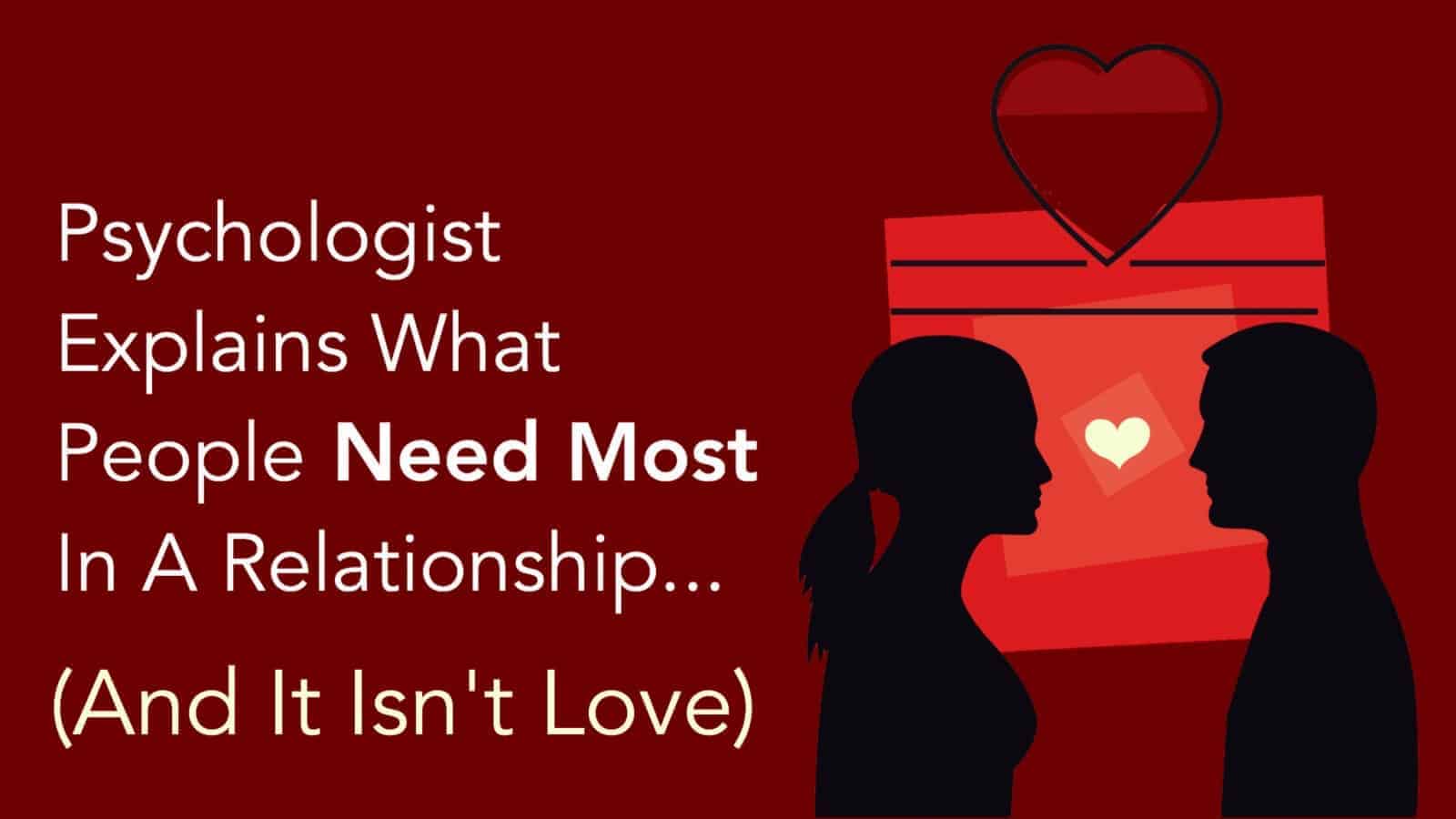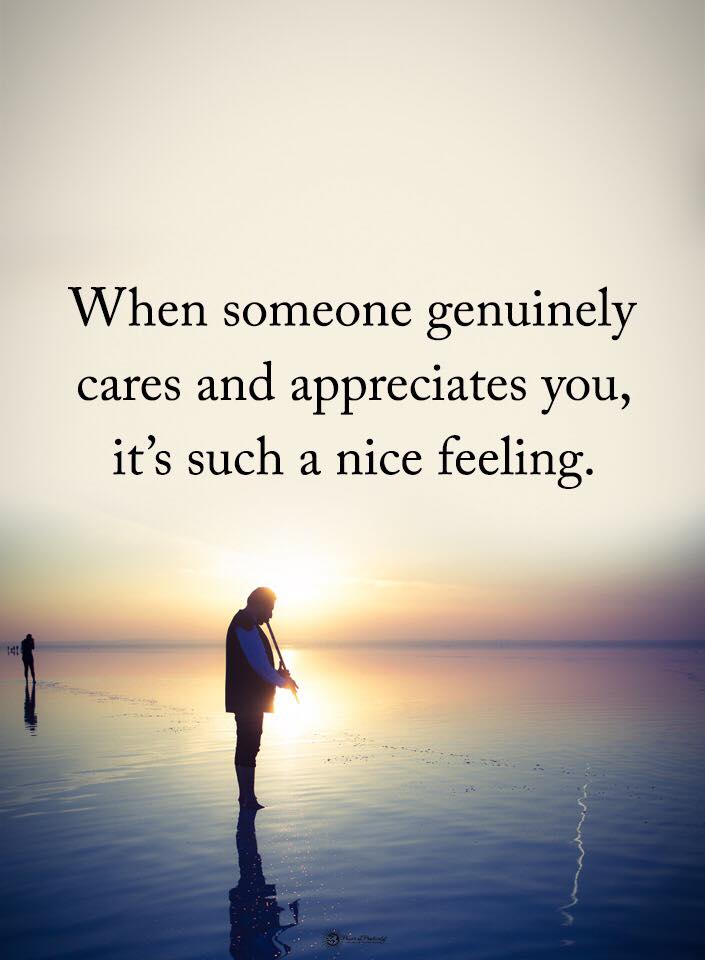“I strongly believe that understanding is more important than love, especially when it comes to parenting and an intimate relationship.” ~ Jeffrey Bernstein
Jeffrey Bernstein, Ph.D., is a licensed psychologist who has practiced for over 30 years. During this time, he has counseled adolescents, children, couples, and entire families. Dr. Bernstein has appeared on The Today Show, Court TV, and many television segments on both CBS and NBC. He’s written five published books and has been featured in Men’s Health, Ladies Home Journal, and Cosmopolitan magazines.
He’s a highly sought-after psychological expert and a brilliant man.
Dr. Bernstein is also a gifted psychologist who believes that love is not the most critical thing in a relationship. “Don’t get me wrong,” Bernstein explains, “I think love is great. I love my children and all of my family members. I love my wonderful fiancee.”
But love “is just not enough,” he continues, “I have met many divorced people who still love each other very much but yet they really never understood each other.”
Psychologist Explains What You Need Most In A Relationship (And It Isn’t Love)
In other words, Dr. Bernstein believes that the level of understanding between two people is more paramount to the viability of a relationship than love. Bernstein illustrates his theory using an unfortunate parent/child scenario:
“Some parents fail to ever really understand their children … sadly, many parents are never understood by their children … We tend not to like those parts of others that we do not understand.”
What Bernstein appears to be getting at is this: love without understanding is not “healthy” love. In the above parent/child scenario, the child doesn’t like the “part” of their parent(s) who never really understood him or her. The situation is all the more tragic when we consider that the child never really understood their parent(s), either.
In this case, would it really matter all that much if the child “loves” the parent? In this situation, a deeply-held biological imprint may be responsible for this love – not emotional reverence. This is a highly unusual emotional dynamic between parent and child.
While the variables understandably shift a bit, much of what Dr. Bernstein discusses applies to intimate relationships as well.
From Understanding to Empathy
“Well-adjusted couples work and learn to understand one another’s evolving needs as the year goes by,” Bernstein says, “Alternatively, couples that (divorce) have suffered a breakdown in understanding, also known as empathy.”
Now Bernstein is getting (quite literally) to the heart of the matter. Empathy, in plain speak, is a more potent variety of understanding – and one that is crucial in romantic relationships. Bernstein explains his viewpoints on the empathy topic using separation as the backdrop:
“Countless individuals reflect back on failed marriages or intimate relationships and say, ‘I guess we just drifted apart.'” Unsurprisingly, Dr. Bernstein doesn’t buy the “we just drifted apart” spiel: “Instead what likely happened is that they relied on their love versus their understanding to get them through difficult challenges and the passage of time.” (Emphasis mine.)
The emphasized points above are what resonate the most. Indeed, the presence of love but a lack of mutual understanding may pave the way to divorce court. “This often becomes translated to ‘I love you but am no longer in love with you,” explains Dr. Bernstein.
Checking the Ego
Ah, yes, the need to feel right; to feel superior. That’d be our ole’ friend, Ego.
Is it at all surprising that Ego obstructs communication, prevents understanding, and ends relationships? Rhetorical questioning aside, Ego has no place in a relationship. A relationship is, after all, a partnership. Intimacy demands vulnerability and trust in that partnership – something that our “me, me, me” Ego doesn’t like.
“Our egos are what seem to get in the way of understanding those who we love and care about. Often, it is our need to be right that makes what others think and feel so wrong for us.”
Egotism, though a dumb and childish behavior, is something we’ve all done, including the good doctor who admits “I have been quite guilty of this in some of my relationships.”
Bernstein delivers his final words:
“As I have written repeatedly … empathy is truly the emotional glue that holds all close relationships together. Empathy allows us to slow down and try to walk in the shoes we love … Not all relationships are meant to be. Yet all relationships that are meant to flourish in a healthy way, must stress understanding just as much, if not more, than love.”
Final Words
In closing, it is the incredibly deep and emotional bond of empathy (and to a lesser extent, understanding) that is considered more “important” that love in both intimate and parenting relationships – at least according to Dr. Jeffrey Bernstein.
While many of us may disagree with Bernstein, one thing is clear: our ability to empathize (understand) carries potentially severe implications for our relationships. We’d be the wiser – and our relationships, much healthier and fulfilling – by actively practicing empathy. How do we do this?
To help you answer this question for yourself, we leave you with a fitting quote from the late Dr. Steven Covey: “First seek to understand, then to be understood.”


















